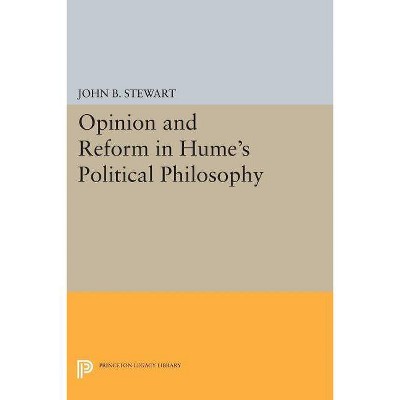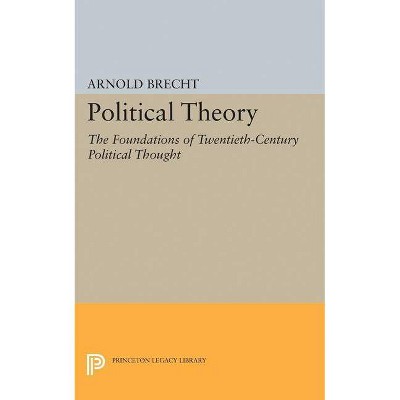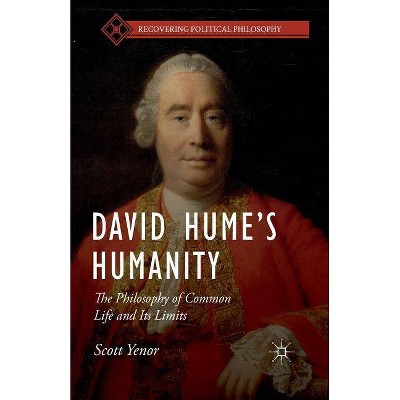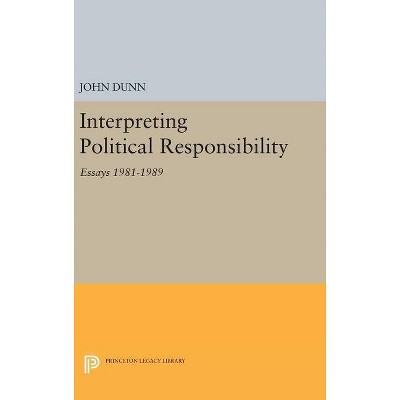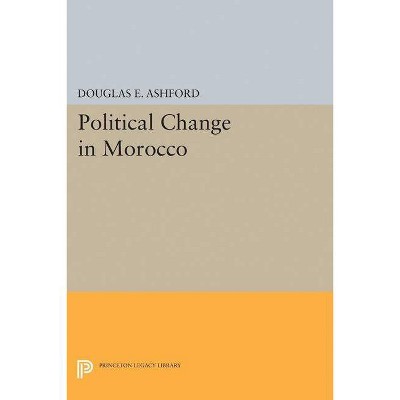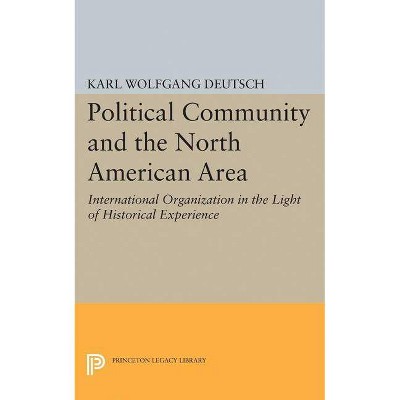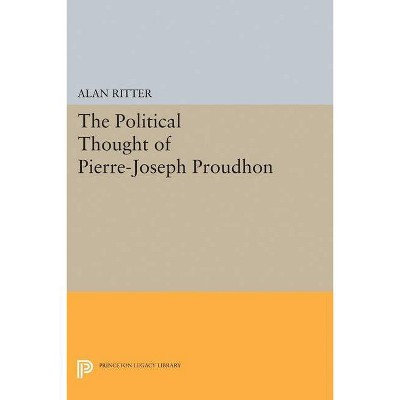Order and Artifice in Hume's Political Philosophy - (Princeton Legacy Library) by Frederick J Whelan (Paperback)
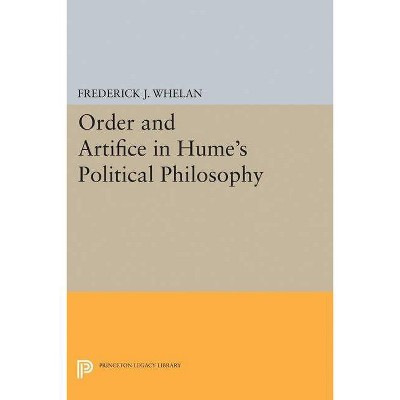
Similar Products
Products of same category from the store
AllProduct info
<p/><br></br><p><b> Book Synopsis </b></p></br></br><p>Frederick G. Whelan relates Hume's political theory to the other parts of his philosophy, including his epistemology, his account of human nature, and his ethics, emphasizing the unity of the whole. <p/>Originally published in 1985. <p/>The <b>Princeton Legacy Library</b> uses the latest print-on-demand technology to again make available previously out-of-print books from the distinguished backlist of Princeton University Press. These editions preserve the original texts of these important books while presenting them in durable paperback and hardcover editions. The goal of the Princeton Legacy Library is to vastly increase access to the rich scholarly heritage found in the thousands of books published by Princeton University Press since its founding in 1905.</p><p/><br></br><p><b> Review Quotes </b></p></br></br><br>Since David. Hume was first and foremost a philosopher, it would seem that the wisest approach to his political thought would be through his philosophy, most notably his ethics, theory of knowledge, and view of human nature. That is precisely the approach this book takes, and the result is a major contribution: both to the, history of political thought and to the history of ideas. Basing his account of his subject's philosophy largely on Hume's <i>A Treatise of Human Nature</i>, Whelan . . . relates Hume's essentially conservative political views to his philosophical skepticism.-- "Choice"<br><br>Whelan's book should take its place among the very best guides that we have to the unity of Hume's thought.-- "The Times Higher Education Supplement"<br>
Price History
Price Archive shows prices from various stores, lets you see history and find the cheapest. There is no actual sale on the website. For all support, inquiry and suggestion messages communication@pricearchive.us
